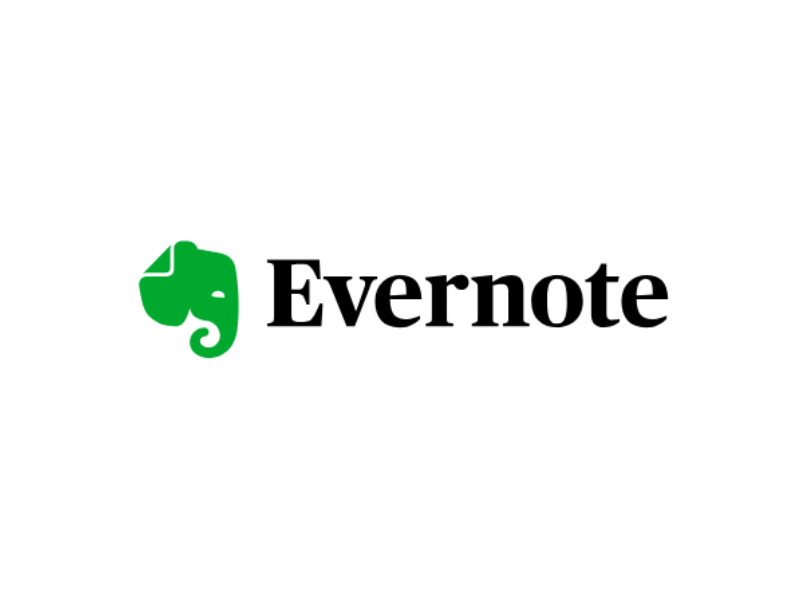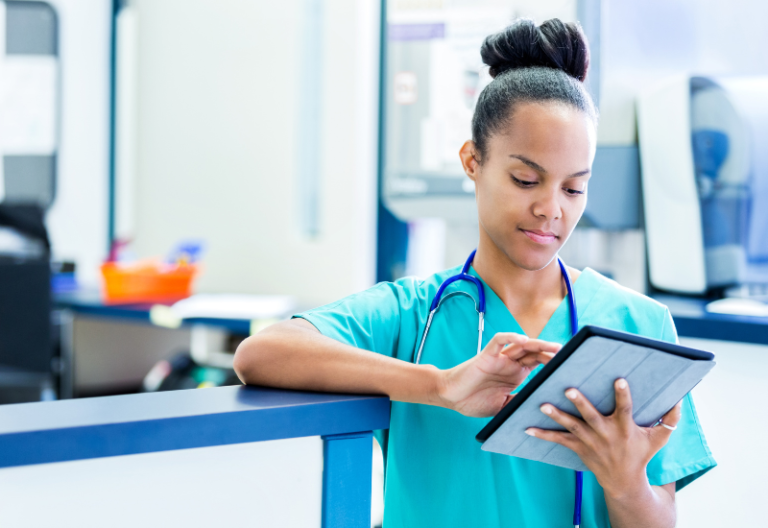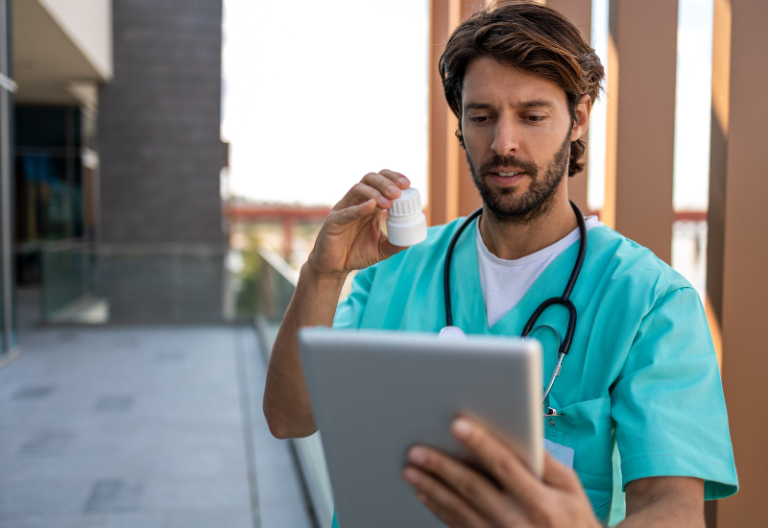Evernote is a robust note-taking app that lets you organize notes, tasks, and other activities in a centralized location. It has multiple helpful features for busy healthcare professionals, like a calendar, reminders, document scanning, and web clips.
But despite its usefulness, there’s the question of Evernote HIPAA compliance. Healthcare professionals should be careful in using the tool for jotting or storing patient information without understanding its compliance with HIPAA regulations.
So, is Evernote HIPAA compliant?
Table of Contents
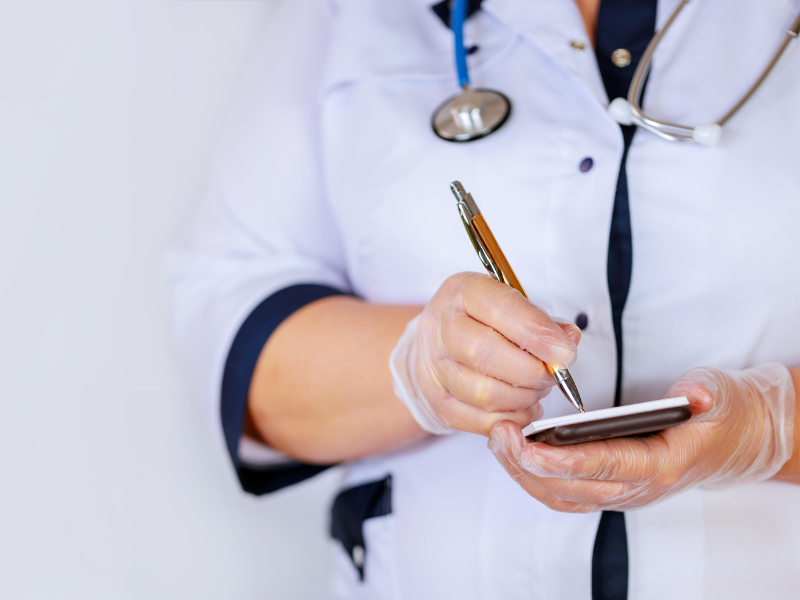
The Role of Note-Taking in Healthcare
Notes are useful in documenting patient information like medical history, symptoms, diagnoses, and treatment plans. They help healthcare professionals provide continuous care by ensuring all team members have the relevant information.
These written records also serve as a means of communication among the healthcare providers involved in a patient’s care. You’ll get a comprehensive picture of the patient’s health by referring to the treatment and medication notes, including follow-up instructions or recommendations.
In case of legal or ethical challenges, ample documentation provides transparency and accountability, protecting you from legal ramifications. Detailed notes also aid in accurate billing and reimbursement, especially when making claims from insurance companies.
Finally, you can use notes to understand aggregated patient data. This is helpful for medical research and education by helping researchers analyze patterns and trends. The data can then be used to improve the quality of healthcare initiatives, resulting in better patient outcomes and more effective treatment strategies.
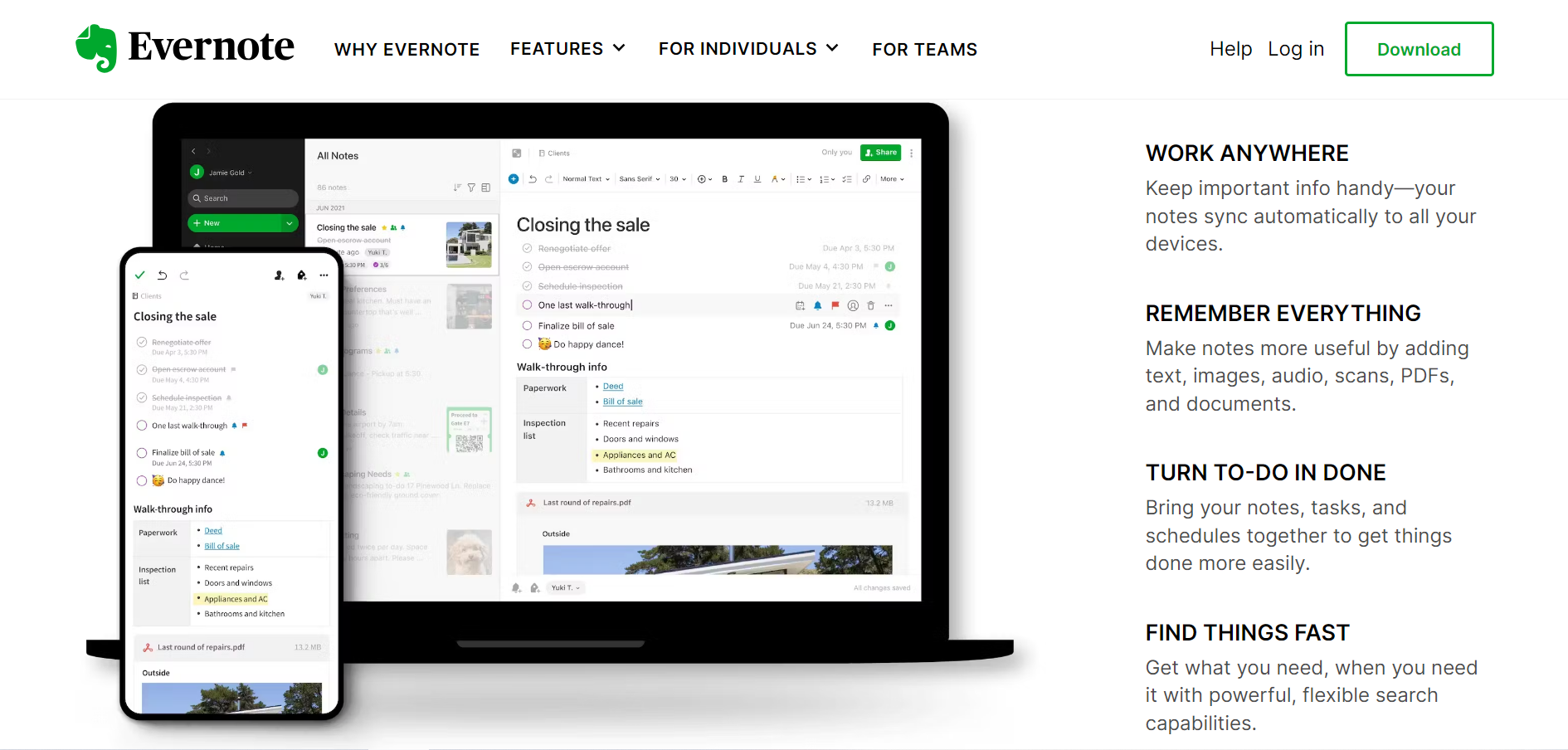
Is Evernote HIPAA Compliant?
Evernote is not HIPAA compliant. They don’t sign Business Associate Agreements (BAAs) with their customers, even if you’re on their paid Evernote Personal or Evernote Teams plans.
The note-taking app implements security controls, but without a BAA, these aren’t enough to make it HIPAA-compliant. A BAA is required for HIPAA compliance because it documents each party’s responsibilities for protecting patients’ private and sensitive health data. Without it, there won’t be sufficient accountability, especially in a data breach.
While Evernote is a great and secure note-taking app, you cannot use it to handle protected health information (PHI), including demographics, medications, prescriptions, and discharge summaries.
Benefits and Limitations of Using Evernote in Healthcare
Despite Evernote and HIPAA compliance being non-existent, there are still several benefits to using the app for note-taking in healthcare. It would still be safe to use Evernote and enjoy the following benefits, provided you do not use it to handle PHI.
- Centralized information storage: The app can store notes and reference materials on research articles, new health trends, and other relevant information to help improve your practice. With centralized storage, it’s easier to access data from any device.
- Cross-platform accessibility: Evernote works well with desktops, smartphones, and tablets, either through a dedicated app or its intuitive web interface. This cross-platform accessibility lets you enjoy your notes from different devices, promoting flexibility and convenience.
- Organization and tagging: Evernote lets you tag and categorize notes to create notebooks for different health topics, projects, or other useful categories. This helps you manage and locate information quickly.
- Search functionality: You can find specific information even within your notes. Even if you don’t remember the title or the date when you made the note, you can use any keyword to search for the specific note.
- Collaboration and sharing: Healthcare teams can collaborate on general patient care plans, research projects, and other education materials by sharing notebooks or individual notes.
However, as mentioned above, you must be careful when using Evernote with healthcare information because the app isn’t HIPAA compliant. This is its biggest limitation, which can be a deal breaker if you need the app for note-taking specific details related to a patient care plan.
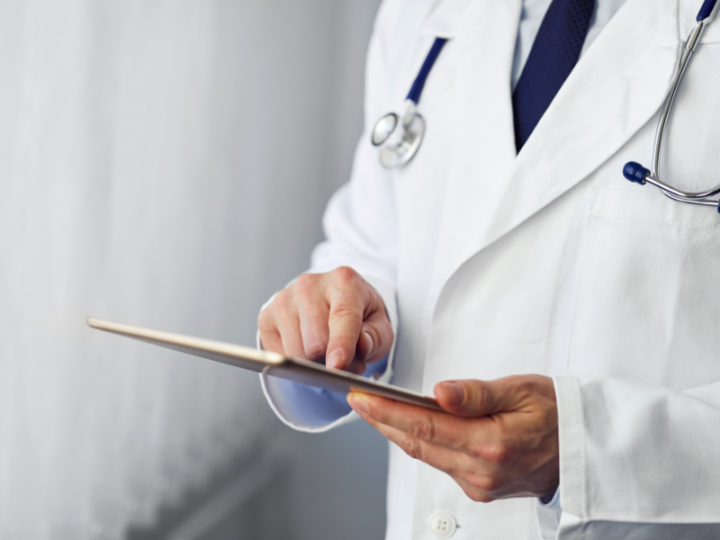
Aside from the lack of Evernote HIPAA compliance, here are other factors that will hinder you from fully taking advantage of the app’s capabilities:
- Cost considerations: Evernote has a free version with limited features. You must purchase their paid plans for advanced features like unlimited synced devices, bigger storage, monthly upload size, and more. Despite its robust features, you can only use the app for general note-taking processes.
- Limited customizations for healthcare needs: Evernote isn’t built for the healthcare industry and can’t be tailored specifically for healthcare workflows. Other healthcare information systems may offer better functionalities.
- Offline access: Evernote relies on an internet connection to sync and update notes. This can be challenging for healthcare professionals who work in remote settings with limited internet access.
- Learning curve: Because of its vast functionalities, it takes time and dedication to master all the features and capabilities of the system.
Alternatives to Evernote for Healthcare
Since Evernote is not a suitable note-taking app due to its HIPAA non-compliance, consider the following alternatives:
- OneNote is a Microsoft product that also offers a dynamic note-taking canvas with options for doodles, multimedia elements, and real-time collaboration.
- SimplePractice is designed for healthcare practitioners and offers appointment scheduling, managing client information, integrated billing solutions, and customizable note templates. You can also use its platform for telehealth video sessions.
- CounSol provides an integrated space for managing client relationships using customized intake forms, integrated billing solutions, and secure video sessions. It also provides options for taking document notes.
If you need a HIPAA-compliant note-taking app, it’s best to use one of the alternatives mentioned above. You may use Evernote, but since it cannot handle PHI, it will hinder you from accomplishing specific tasks like writing consultation notes or tracking a patient’s progress.



